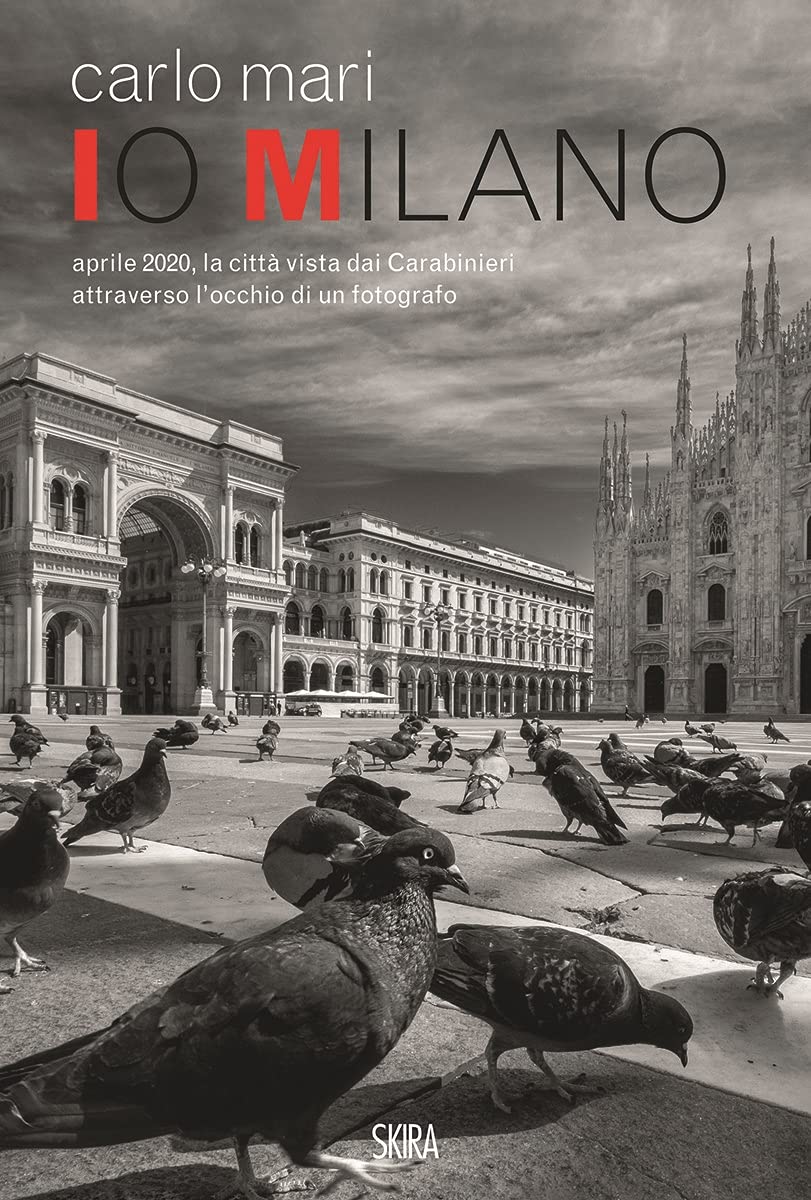This striking photographic account by Carlo Mari portrays the city of Milan at the time of its greatest exposure to attack by an invisible yet insidious threat for which we were all unprepared; the photographer’s skill is in bringing a new city back into the spotlight, one that is not bruised or wounded in any way. Instead, it suggests a time that is slowing down, not in efficiency but in ideas. The city is reflecting, and making people think. Carlo Mari’s lens also testifies to a presence that is discreet but ever present: the carabinieri, or police, who did not “control” the city during this very delicate phase, but “accompanied” it through a painful and difficult time.
Carlo Mari is a photographer working in journalism and advertising. He has travelled around the world, above and below the seas, with his camera around his neck to tell stories. In the 1980s and ’90s he published photographic features and covers for the most prestigious marine magazines in Italy and abroad. Following this, he spent a long time documenting the wildlife of Eastern Africa and was a correspondent for “The Harvill Press” in London. This collaboration led to two important books: The Great Migration and Pink Africa. He lives in Africa for several months of the year, in close contact with unspoilt nature and the tribal populations. As a portrait photographer he has for many years documented the beauty (not just external) of many populations at risk of extinction. Carlo Mari has had many photography books published around the world, some about life under the sea, others on East Africa, mainly Kenya and Tanzania, and others on the artistic nude and the glamorous world of advertising. My Africa, one of his most important publications, made the 2004 list of best-seller photography books in Germany. In 2019 Carlo Mari published Passage through Dar, also with Skira, comprising over 130 black and white photos that he took of the fish market in Dar es Salaam.

